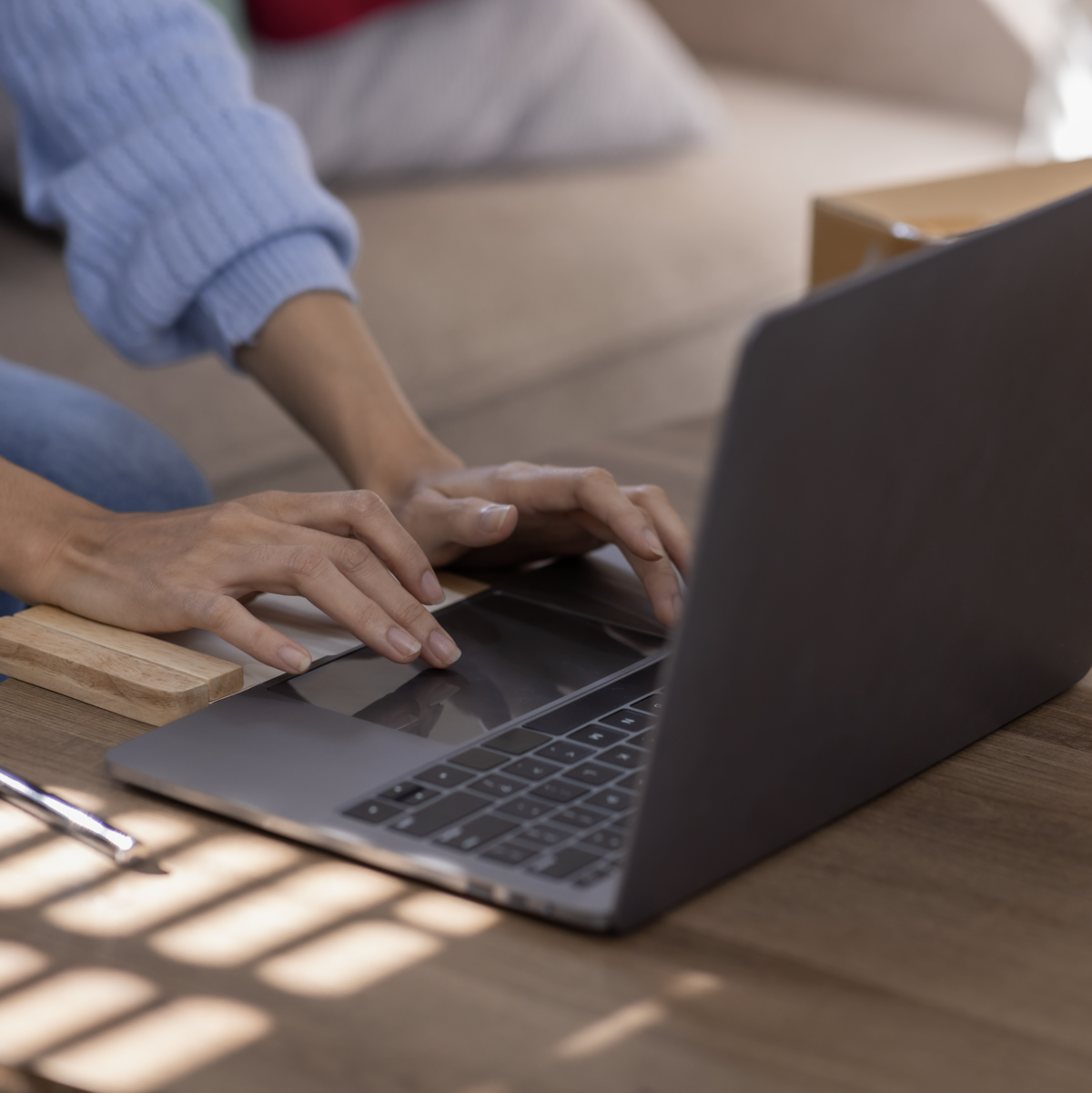As an eCommerce business owner, it’s important to have the right tools in place to manage and streamline your shipping processes. Shipping management software can help you automate and organise your shipping operations, reducing the time and effort required to get your parcels to customers. In this blog post, we look at some of the different types of shipping software that an eCommerce business might need.

Integrated Carrier Tracking Software
With shipping tracking software, eCommerce businesses can stay up to date on the location and estimated delivery dates of their parcels, ensuring provision of timely and accurate information to their customers. This helps improve customer satisfaction and reduces the number of inquiries and complaints that eCommerce businesses receive about the order status.
Shipping tracking software can help businesses identify and resolve any issues that may arise during the shipping process, such as lost or damaged packages, which can further improve the overall customer experience with further clarity and clear communication. Additionally, shipping tracking software can provide eCommerce businesses with valuable insights and data about their shipping processes, helping optimise and streamline their logistics operations and reduce costs.

Shipping Labeling
Shipping labeling software helps streamline and automate the process of creating and printing shipping labels. Businesses can easily generate labels that include all the necessary information, especially when it comes to cross border shipping where incorrect information can lead to delays at customs.
With a multi-carrier shipping platform, different carriers to suit various delivery needs can be integrated, also ensuring you have the right labeling needed for each carrier. This can help eCommerce businesses save time and reduce the workload for operations teams.

Multi-channel integration Software
Software that integrates different eCommerce channels can be a valuable asset for businesses, as it helps centralise their product and inventory data, customer information and order management processes, eliminating the need to switch between different systems or manually enter data in multiple places.
This can save businesses a significant amount of time and effort, increasing productivity and significantly reducing the risk of errors or missed parcels. Feeding through all your shipments into the same system increases efficiency and customer experience.

Returns Management Software
Returns management software can help eCommerce businesses manage return policies, generate return shipping labels, and track the status of returned items as they are processed and returned to inventory. By keeping track of returned items, businesses can better manage returns and get re-sellable stock back on the shelves, faster, as well as quickly deal with any damaged items.
Better visibility also helps analyse data about returned products, such as the reasons for the return and the most frequently returned items, which can inform business decisions and strategies. It also benefits customer experience, by making eit asier for customers to return products and providing clear and concise information about the return process.
There are different types of shipping software that an eCommerce business might need. By choosing the right tools for your business, you can improve the efficiency and accuracy of your shipping operations, helping to provide a better experience for your customers.











